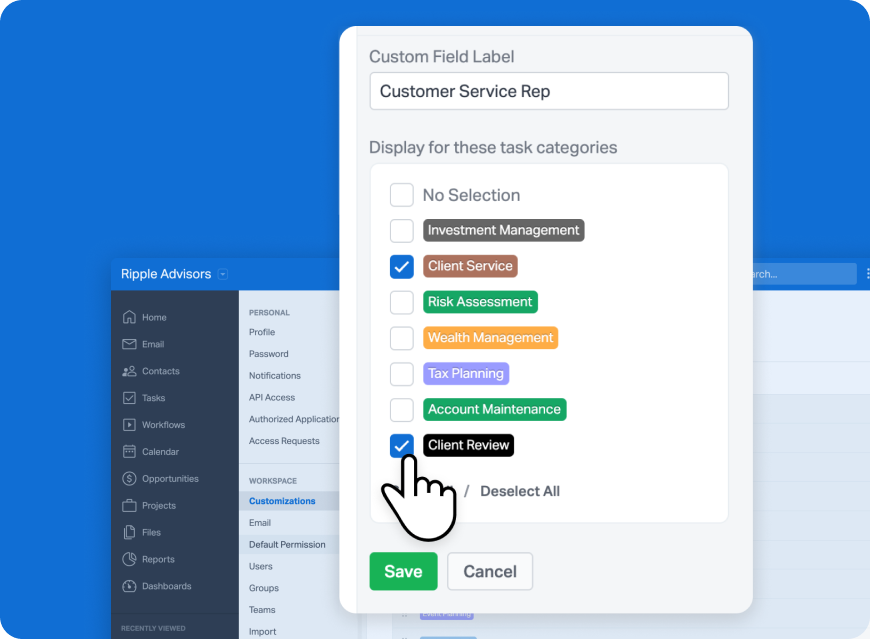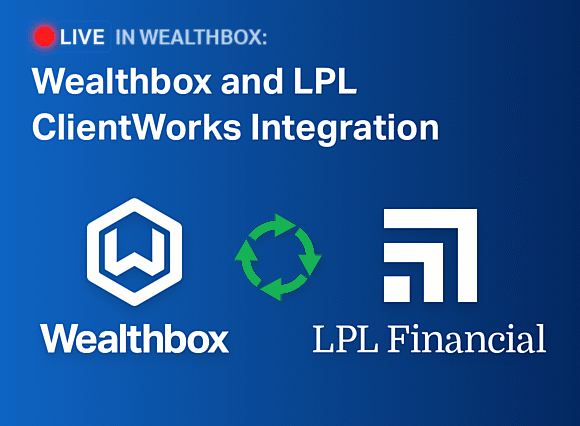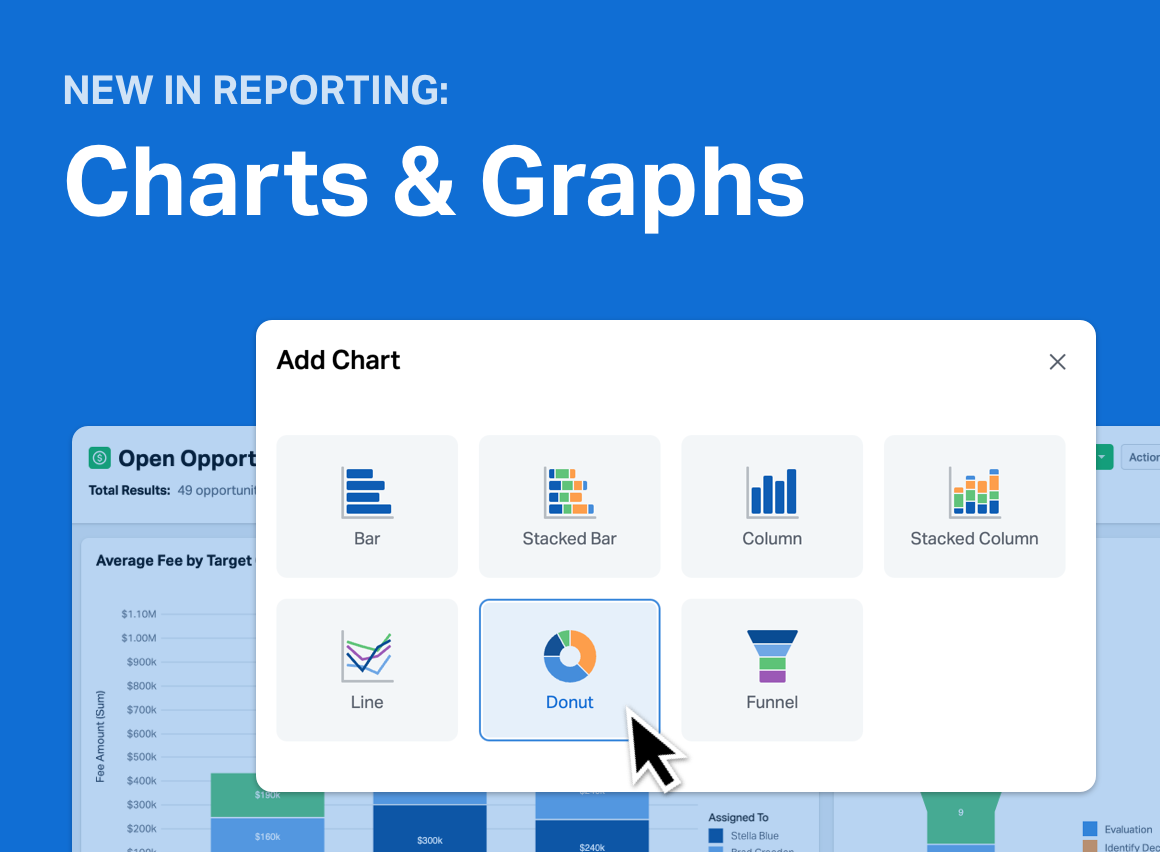 Stocks and steak, tips and ten-baggers with Bill Winterberg at Raoul’s in SoHo – June 18th, 2015
Stocks and steak, tips and ten-baggers with Bill Winterberg at Raoul’s in SoHo – June 18th, 2015Who Knew?

With a tip of the hat to his industry friend, Josh Brown, he of Ritholtz Wealth Management, CNBC and author of The Reformed Broker, the borrowed, twisted, exaggerated title of our blog post today – The Reformed Day Trader – was inspired last week over dinner at Starburst Labs’ local haunt, Raoul’s restaurant, it of 40 years in bistro perfection on SoHo’s Prince Street, with the one and only Bill Winterberg, he of proper mien, credentialed financial planning expertise, principled investing strategies, and nonpareil fintech vlogging. …Who knew Bill Winterberg used to day trade stocks?! We discovered this fact that night. Here’s how it went down. Read on!
Do tell…
 Wealthbox: How’s that steak au poivre?
Wealthbox: How’s that steak au poivre?
Bill Winterberg: It’s actually amazing.
Wealthbox: It’s the best in the city. And those fries are cooked in duck fat.
Bill Winterberg: They’re delicious.
Wealthbox: So what brings you to our little fur-trading outpost of an island otherwise known as Manhattan?
Bill Winterberg: I’m here to connect with several tech vendors in the Empire City to keep my finger on the pulse of wealth management innovation. And yes, that includes this chat with your company. And I’m also scouting locations in NYC for my forthcoming FPPad Tech Tour. So tell me how things are going at Starburst Labs?
Wealthbox: All good. In addition to growing Wealthbox CRM, the team at Starburst Labs is continuing to develop Wealthbase, a marketing network for advisors to connect with consumers in the mass-affluent market. And we also have an experimental endeavor we call “
href=”http://bit.ly/1zWAEou” target=”_blank”>Project Pluto” which will result in the launch of new app called InvestorSay.
Bill Winterberg: Do tell…

Wealthbox: We haven’t fully crystallized the features and positioning of InvestorSay but essentially it’s part content-sharing portal and part /financial network and online community for investors. Like the world needs another social network. At a high level, we hope for it to be a new kind of community for investors, companies, and financial professionals to engage with content around financial products and services. In the initial release InvestorSay will have community forums and unique content sharing features around stocks, ETF’s, mutual funds, etc. Maybe even robo-advisors! Longer term we’re going to explore building community around more financial planning-oriented products and services. It’s all very much an experiment, done as a side project on some moonlit nights. We’re encouraging people to sign up for the private beta and launch notice.
Bill Winterberg: Community forums around stocks, huh?
Wealthbox: Initially that will be part of it, but it’ll be much different from Yahoo message boards, for instance. InvestorSay will be directed to investors, not traders. As you know there’s a new crop of online media and software apps for investing. We hope InvestorSay will fit in this space and even complement some of these services at the start, and over time the brand may morph over into other financial products and planning services. That’s the tentative plan, it’ll be highly iterative. We’ll see.
Bill Winterberg: I bet you didn’t know that back in the day I may have perused a few Internet message boards about hot stocks and dot com “tenbaggers.” I even day traded occasionally during slow times on the HP server support desk.
Wealthbox: Wait, what?
Bill Winterberg: I dabbled in day trading stocks.
Wealthbox: You?
Bill Winterberg: Yep. I did it.
Wealthbox: Get outta here.
Bill Winterberg: It’s true.
Wealthbox: Do tell…
The Story of a Financial Planning Expert Who Once Day Traded Stocks
 Bill Winterberg: Back in 1996 I was hired by Hewlett Packard in their server support group to migrate all of their printers in their Cupertino campus, you know, the one Apple just bulldozed to build their spaceship, off of a UNIX system and configure them with new Jetdirect network cards and software. That campus had over 1,000 networked printers, and each one had to be upgraded by hand, so it took like six months to get to them all. Plus, each internal group had a specific way they wanted print jobs handled, like certain color separator pages coming from specific paper trays, so I got a crash course in PCL (Printer Control Language) and PostScript to make that work.
Bill Winterberg: Back in 1996 I was hired by Hewlett Packard in their server support group to migrate all of their printers in their Cupertino campus, you know, the one Apple just bulldozed to build their spaceship, off of a UNIX system and configure them with new Jetdirect network cards and software. That campus had over 1,000 networked printers, and each one had to be upgraded by hand, so it took like six months to get to them all. Plus, each internal group had a specific way they wanted print jobs handled, like certain color separator pages coming from specific paper trays, so I got a crash course in PCL (Printer Control Language) and PostScript to make that work.
Wealthbox: So how did the day trading start?
Bill Winterberg: I was part of the server support help desk at HP specializing in printers, so sometimes the phones were busy, but other times things were really quiet. Other guys on the help desk filled the gaps between busy times by trading stocks and talking about their “strategies.” I think it rubbed off on me.
Wealthbox: What was the allure of day trading for you at the time? How did you get pulled in?
Bill Winterberg: I think it was a combination of things. Let’s face it, I was young and stupid. I was barely a year out of high school and had no idea how stock markets worked. And around that time online brokerage accounts and online trading were just getting into the mainstream, everywhere I went in Silicon Valley people were talking about dot coms, and I had an extremely fast Internet connection at my desk. It didn’t take long for me to take the extra money from my paychecks and deposit into a brokerage account with Waterhouse Securities.
Wealthbox: Why Waterhouse?
Bill Winterberg: Believe it or not, it was because they were the brokerage firm with an office closest to the HP campus.
Wealthbox: Did you find it addicting?
Bill Winterberg: Sure, it’s hard to see how it wouldn’t be addicting. I was hearing stories from my colleagues on the help desk about flipping all sorts of stocks for $200 here, $500 here, even $5,000 on huge days. Things were seriously frothy in those days.
Wealthbox: What were some of the stocks you traded? Any infamous ones come to mind?

Bill Winterberg: The first stock I ever bought was in 1997 from a company called Faroudja, I totally remember the ticker, FDJA. It was a total “buy what you know” play, plus they went public that year, so I was caught up in that new IPO excitement. At the time I was big into home theaters and read all the trade magazines on the best TVs, projection systems, and sound systems. Faroudja made one of the top front-projector TV sets you could buy. I couldn’t afford their $15,000 projector, so I figured why not buy their stock instead and grow my money instead. I used all of my first $2,000 to buy as many shares as I could around $6.50 to $7 per share.
Wealthbox: And?…
Bill Winterberg: Well in a few months, Faroudja doubled to like $13/share. So I declared victory and cashed out with my 100% gain.
Wealthbox: Boom.

Bill Winterberg: I felt like a genius. I started strategizing with the rest of my colleagues and soon started trading tech stocks like AOL, Netscape, Lucent, Advanced Micro Devices, Applied Materials, boy, I wish I could dig up all my old trading confirms. But all in all, this was the age of rising tides for many tech stocks, and I won much more frequently than I lost. Truth be told that soon all I started to do was sell after a few upticks so I could just pocket $200 or $300 a day. I was satisfied with a bunch of small gains while my colleagues were chasing down the three-, four-, and even tenbaggers.
Wealthbox: And then?
Bill Winterberg: While I held Faroudja, I started reading all the Yahoo! message boards on the stock to foolishly confirm my own biases about how awesome the company was going to be. I even called in on one of Faroudja’s live earnings conference calls and asked for clarification about their plans to include their graphics chips in personal computers (which they totally failed to do). Looking back on it I can’t believe how naive I was!
Wealthbox: So how and when did it all end?
Bill Winterberg: I ended up buying some company that was recommended in a stock message board because of their, believe it or not, wearable computer. Now this wasn’t a watch or handheld tablet, mind you, this was basically a laptop that you put in a backpack and controlled it with some handheld keyboard made for one hand and a tiny projector in a pair of eyeglasses (shades of Google Glass, anyone?). I fell into a pure pump-and-dump scheme. I bought the stock around $4/share, watched it go to like $4.50 in a half hour, took a break with my colleagues, and returned to see the stock trading at something like $3! I was shocked it dropped so quickly below where I bought it that I totally sold out of fear to cut my losses. That one trade wiped out a ton of those $200 and $300 “wins” that I’m pretty sure ended up feeling sick that day.
Wealthbox: Ouch. …So how has the experience of day-trading stocks shaped your views as a financial planner?
Bill Winterberg: I look back on things and realize just how lucky I was that most stocks I traded just didn’t go down all that much in those days. But all it took was one “big” (it sure felt big at the time!) loss to snap me out of the euphoria. I could have very easily lost all my extra savings from my job at HP that I really should have kept in a safe place. It’s just by luck that I didn’t lose everything I put into my Waterhouse account.

Then in the Fall of 1998, I left my colleagues with the HP help desk to join LeapFrog toys and write software for them (thanks to my crash courses on writing code for printers!). That job kept me so busy that I didn’t have time to day trade stocks, and again, by lucky timing, I largely avoided the dot com crash in the early 2000s.
That’s about the time in my life when I realized that there’s a lot more to planning and investing than simply buying stocks of companies that you know and about whom colleagues constantly talk. I also matured a lot after 1998, got married, bought a house, and became much more financially conservative.
 Wealthbox: Marriage and a mortgage as determinants of moderated and mature behavior. To which we say: “Everything in moderation – including moderation. Waiter, another cognac please.”
Wealthbox: Marriage and a mortgage as determinants of moderated and mature behavior. To which we say: “Everything in moderation – including moderation. Waiter, another cognac please.”
Bill Winterberg: Day trading was exciting, and locking in that gain in a few minutes or hours, no matter how big or small, triggers all sorts of exhilarating emotions. But day trading is draining, too. I felt like all I did in my spare time at HP was refresh the quote screen in my Waterhouse account (and this was long before streaming Level III quotes were accessible to retail investors) looking for the next ⅛ or ¼ point profit to lock in.

Now I realize that there are plenty of ways to use time more wisely and in more fulfilling capacities. So day trading just lost its luster for me. I don’t know, blame it on my developing frontal lobe, but I haven’t even owned individual stocks since I sold the last of my LeapFrog shares in 2005.
Wealthbox: Sell high, you made a nice trade! LeapFrog shares were in the teens in 2005; today the stock price is at $1.47 per share. Bill, got any good stock tips?






